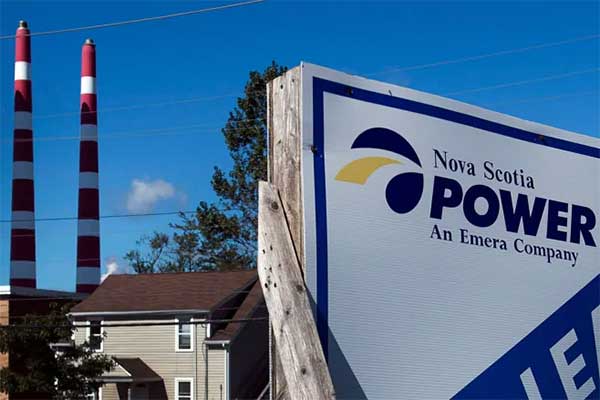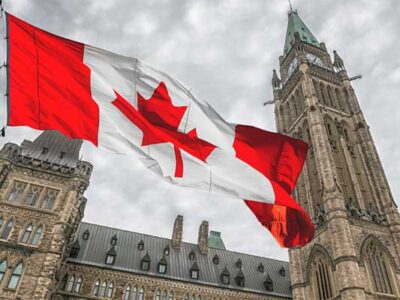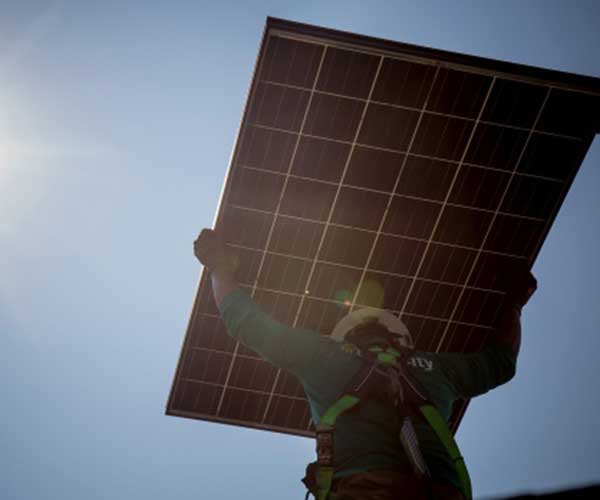In a move that’s unifying opposition among the province’s political parties, solar companies, homeowners, and environmentalists, Nova Scotia Power has proposed a new charge for properties that produce their own electricity and sell it back to the grid — a process known as net metering.
The new monthly system access charge of $8 per kilowatt would nearly double the payback period for a solar installation, “making [the technology] not feasible for just about everybody,” said David Brushett, chairman of Solar Nova Scotia. “Even if the regulator ultimately rejects it, there’s going to be uncertainty over the next months and nobody will install solar,” he said.
The proposed changes come amid criticism by Nova Scotia Power that non-solar ratepayers are subsidizing net-metered customers. This is because the company still needs to have the capacity to provide enough power during peak hours — which solar energy is incapable of offering due to its intermittent nature. According to David Landrigan, vice-president of Nova Scotia Power, the monthly fee is needed because “the utility bears the cost of ensuring all customers have access to a reliable source of electricity.”
But a broad coalition of stakeholders aren’t convinced of the extra per kilowatt monthly price tag, claiming it’s far above a reasonable rate. According to Solar Nova Scotia, a typical 10-kilowatt solar installation generates roughly $1,800 annually. With the new proposed charge, this amount would be slashed to $840 per year, significantly increasing solar payback periods and reducing the financial incentive to go green.
In response to fierce criticism, Peter Gregg, president and CEO of Nova Scotia Power, defended the proposal, saying “a strong but fair net metering program is a critical part of [his company’s] goal of getting [the province] off coal by 2030.
Solar Nova Scotia, an industry organization, argues that the changes aim to eliminate small-scale competition through the use of the company’s monopoly on power distribution. “This is a death knell,” said Don Rosco, Solar Nova Scotia treasurer.
Solar businesses throughout the province are already reeling from the uncertainty, with clients who’ve put deposits down now asking questions about whether their costs will be changed — and whether moving forward still makes sense.
As proposed, the solar fee would apply retroactively to people who install systems beginning in February 2022. Those who enrolled in net metering before February 1st, 2022, would be exempt from the charge for 25 years.
Nova Scotia’s Progressive Conservative Minister of Natural Resources and Renewables, Tory Rushton, has vocally criticized the proposed net metering changes.
“Nova Scotia has set one of the most ambitious targets for reducing greenhouse gas emissions, and to get there we will need a range of solutions to expand access to renewable energy, including solar,” he said in a statement. “We’re frustrated that N.S. Power has made a proposal that can hinder the progress we’ve been making to advance our climate change goals.”
Minister Rushton, in an attempt to quell solar industry and homeowner anxiety, said the province was going to be “active intervenors in this process” and that his government was “exploring all of [their] options to respond to this move and to protect ratepayers.”
The Utility and Review Board for Nova Scotia are set to consider the utility’s application during the fall in a process that requires up to 90 days. Asked by the company if the timeline could be shortened, Paul Allen, executive director of the review board, said in an email to Global News, “The board must consider the applications filed and provide any affected parties an opportunity to participate and be heard.”

















Comments